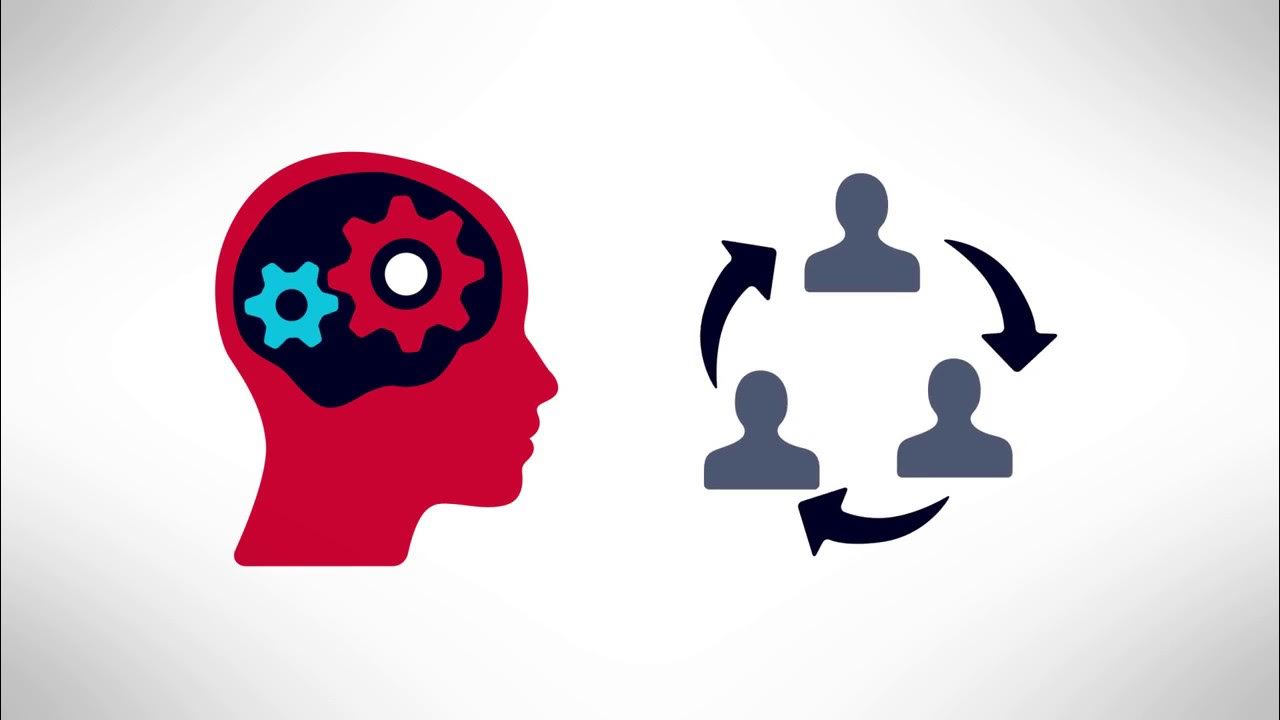10 Quality Management Skills Every Quality Managers should have | Invensis Learning
Summary
TLDRThis video explores the essential skills of a quality manager, emphasizing their critical role in maintaining product and service standards within organizations. It defines quality management and its significance, particularly through the lens of Total Quality Management (TQM). The top ten skills highlighted include leadership, organizational skills, effective communication, statistical analysis, problem-solving, industry-specific technical knowledge, data interpretation, project management, domain expertise, and human literacy. These competencies are crucial for aspiring quality managers to ensure compliance, enhance customer satisfaction, and drive continuous improvement in quality processes.
Takeaways
- 😀 Quality managers ensure that products and services meet established quality standards and customer expectations.
- 😀 Effective quality management is essential for maintaining long-term success through customer satisfaction and loyalty.
- 😀 Leadership skills are critical for quality managers to lead teams effectively and achieve quality objectives.
- 😀 Organizational and planning skills help quality managers set long-term goals and create strategies for success.
- 😀 Strong communication skills are necessary for reducing conflicts and fostering good relationships within the team.
- 😀 Statistical analysis skills allow quality managers to interpret data and identify trends that impact product quality.
- 😀 Problem-solving abilities are essential for identifying issues and implementing solutions to enhance quality management.
- 😀 Industry-specific technical knowledge is vital for quality managers to use appropriate tools and processes effectively.
- 😀 Data interpretation skills are increasingly important as modern technologies influence quality management practices.
- 😀 Human literacy, or understanding user impact, is crucial for quality managers to ensure their products and services meet real-world needs.
Q & A
What is the primary role of a quality manager?
-The primary role of a quality manager is to ensure that all company products or services meet the desired quality standards before they are released to the market.
How does quality management contribute to customer satisfaction?
-Quality management contributes to customer satisfaction by maintaining high standards in product and service delivery, which fosters customer loyalty and ensures long-term success.
What is total quality management (TQM)?
-Total Quality Management (TQM) is an approach that focuses on long-term success through customer satisfaction, involving all stakeholders in improving products, services, and the overall company culture.
Can you explain the importance of leadership skills for a quality manager?
-Leadership skills are crucial for a quality manager as they help in guiding the team, fostering collaboration, and ensuring effective execution of quality initiatives within the organization.
Why are organizational and planning skills essential for a quality manager?
-Organizational and planning skills are essential for setting long-term goals and developing actionable strategies to ensure that the team stays aligned with the organization's quality objectives.
How does communication play a role in quality management?
-Effective communication reduces conflicts and enhances collaboration among team members and stakeholders, leading to a more cohesive approach to achieving quality standards.
What type of data analysis skills should a quality manager possess?
-A quality manager should be skilled in statistical analysis to collect, explore, and present data, helping to identify patterns and trends that can improve product quality.
What is the significance of problem-solving skills in quality management?
-Problem-solving skills are significant as they enable a quality manager to identify issues, determine their root causes, generate solutions, and evaluate the effectiveness of those solutions in maintaining quality.
What does industry-specific technical knowledge entail for a quality manager?
-Industry-specific technical knowledge involves understanding the tools, processes, and technologies unique to a particular industry, which helps quality managers implement effective quality control measures.
How does human literacy relate to quality management?
-Human literacy in quality management refers to the ability of quality managers to empathize with end users and understand how products or services impact them, which is essential for improving quality standards.
Outlines

This section is available to paid users only. Please upgrade to access this part.
Upgrade NowMindmap

This section is available to paid users only. Please upgrade to access this part.
Upgrade NowKeywords

This section is available to paid users only. Please upgrade to access this part.
Upgrade NowHighlights

This section is available to paid users only. Please upgrade to access this part.
Upgrade NowTranscripts

This section is available to paid users only. Please upgrade to access this part.
Upgrade NowBrowse More Related Video

Apa itu Manajemen Operasional? Part II

Why Media Fill Required in Aseptic Manufacturing? @PharMaven #pharma #media #aseptic #USFDA

PEDAGANG BESAR FARMASI (PBF)||BISNIS FARMASI TIDAK HANYA APOTEK LHOO!! #APOTEKER #DISTRIBUTOR #APJ

7 R in Logistic

Operations Management

Futura Profissão - Técnico em Alimentos
5.0 / 5 (0 votes)